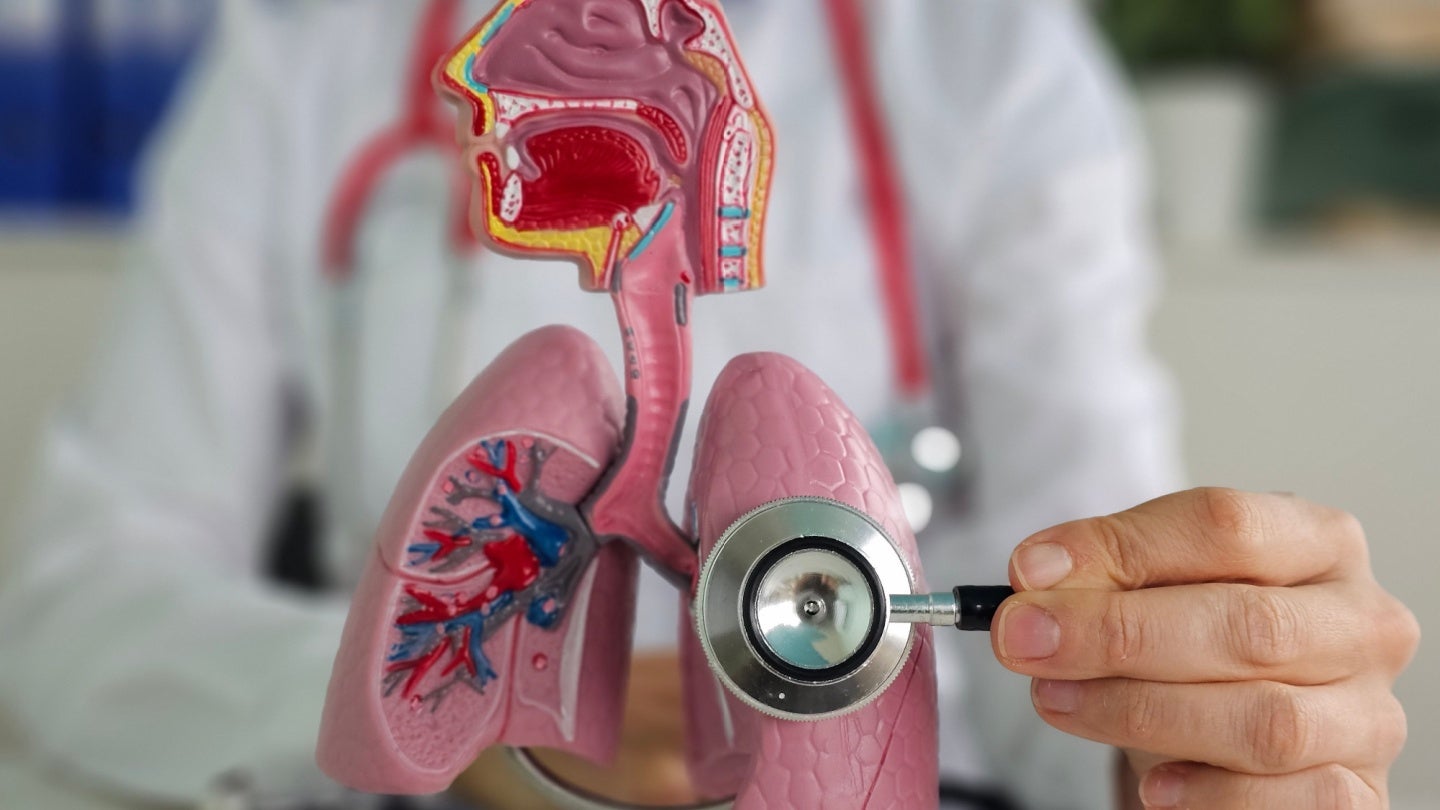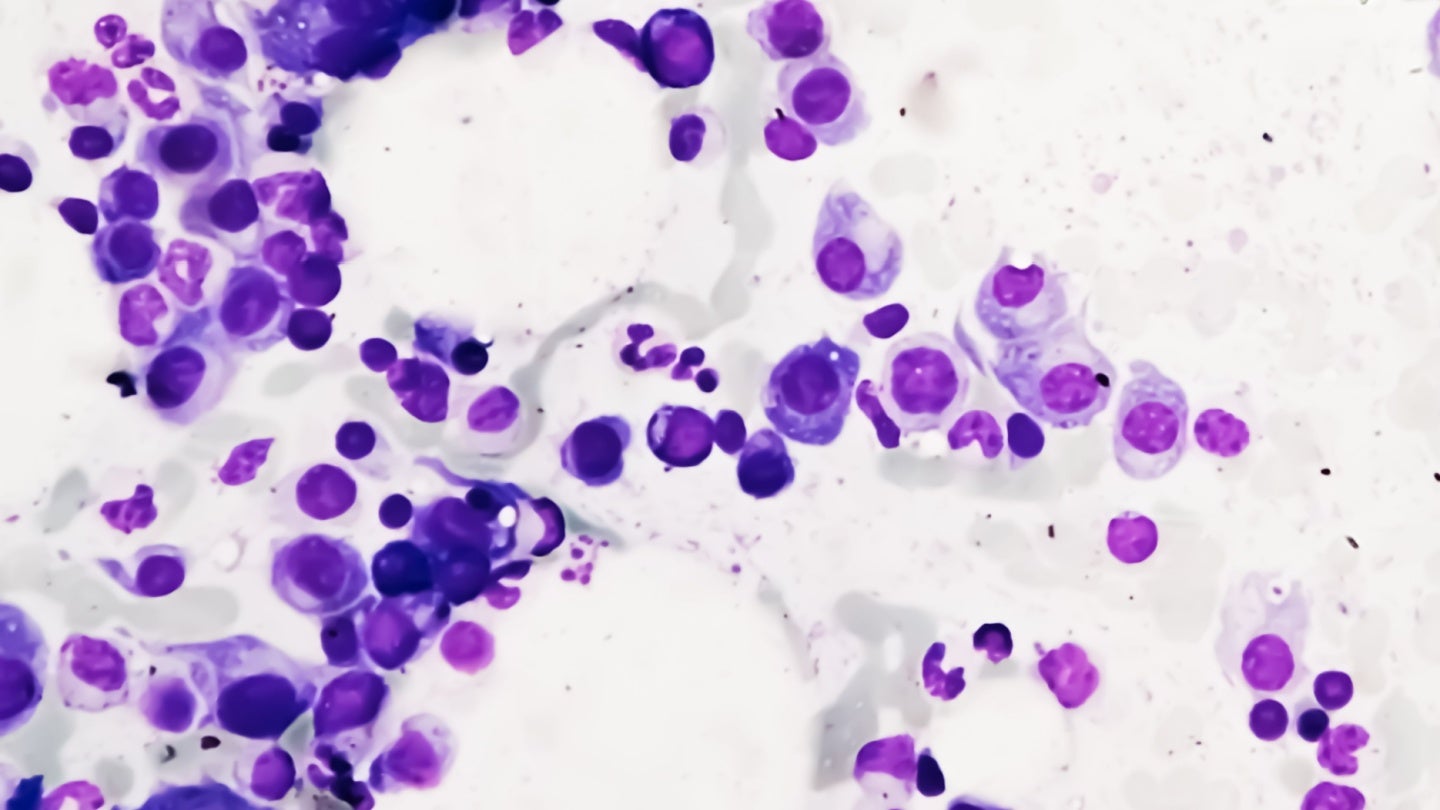Poignant photo project reveals all we lost in lockdown
Laptops and schoolwork on kitchen tables, a deserted playground, face masks on a washing line, an empty church, a walk in the woods. Credit: University of East Anglia Laptops and schoolwork on kitchen tables, a deserted playground, face masks on a washing line, an empty church, a walk in the woods. As the UK Covid […]

Laptops and schoolwork on kitchen tables, a deserted playground, face masks on a washing line, an empty church, a walk in the woods.

Credit: University of East Anglia
Laptops and schoolwork on kitchen tables, a deserted playground, face masks on a washing line, an empty church, a walk in the woods.
As the UK Covid inquiry continues for a fifth week, researchers at the University of East Anglia have created a unique snapshot of lockdown life.
When the pandemic first hit, the team embarked on a project to track the physical and mental health of the nation. More than a thousand participants signed up and up and they were followed every day for three months in the first study of its kind.
As well as keeping daily lifestyle diaries about their physical activity, diet and mood, the participants were asked to submit photographs that captured their life in lockdown.
The research team studied these images, and a new paper published today reveals just how much people lost during Covid.
The images illustrate an “unequal pandemic”, the researchers say.
But they also reveal how and why some people fared better than others during lockdowns and beyond.
Lead researcher Prof Caitlin Notley, from UEA’s Norwich Medical School, said: “People around the world had to change their lifestyles very quickly in response to the Covid pandemic.
“We set out to track people’s health and lifestyle behaviours to help answer important questions about the overall impact of the pandemic on health.
“To help us really understand what life was like, we asked our participants to submit photographs that captured their experiences of lockdown.”
Almost 400 photos were submitted, along with short descriptions to accompany them, giving testimony to people’s lived experiences.
Dr Sarah Hanson, from UEA’s School of Health Sciences, said: “A recurrent theme through the images is one of loss – of both freedoms, and lives.
“But the photographs also illustrate people’s starkly different experiences of life in lockdown – it was a very unequal pandemic.
“For those with limited control over their lives and in poorer circumstances the pandemic exacerbated already difficult lives and communities that are struggling to recover.
“The pandemic has been devastating to many people and social groups and our findings show the many unintended social consequences of lockdown.
“It is right that lives return to normality but there are still people shielding, communities have suffered and people are still deeply affected by what happened during those times and the sense of loss by many is profound.
“Those who had more resources and more control over their lives were more easily able to find comfort, find a way to be socially connected and to develop a sense of resilience. It tended to be those who were better off financially, had gardens, had a computer and internet at home, and who were able to work from home, that were able to cope with it better.
“We should also be mindful that even for those who appeared to cope well, the trauma can be covert and issues can emerge as significant psychological issues later on,” she added.
‘Lest we Forget. Illuminating lived experience of the Covid-19 pandemic and lockdown’ is published in the journal Social Science & Medicine.
Journal
Social Science & Medicine
Method of Research
Survey
Subject of Research
People
Article Title
Lest we Forget. Illuminating lived experience of the Covid-19 pandemic and lockdown
Article Publication Date
13-Jul-2023
What's Your Reaction?

































